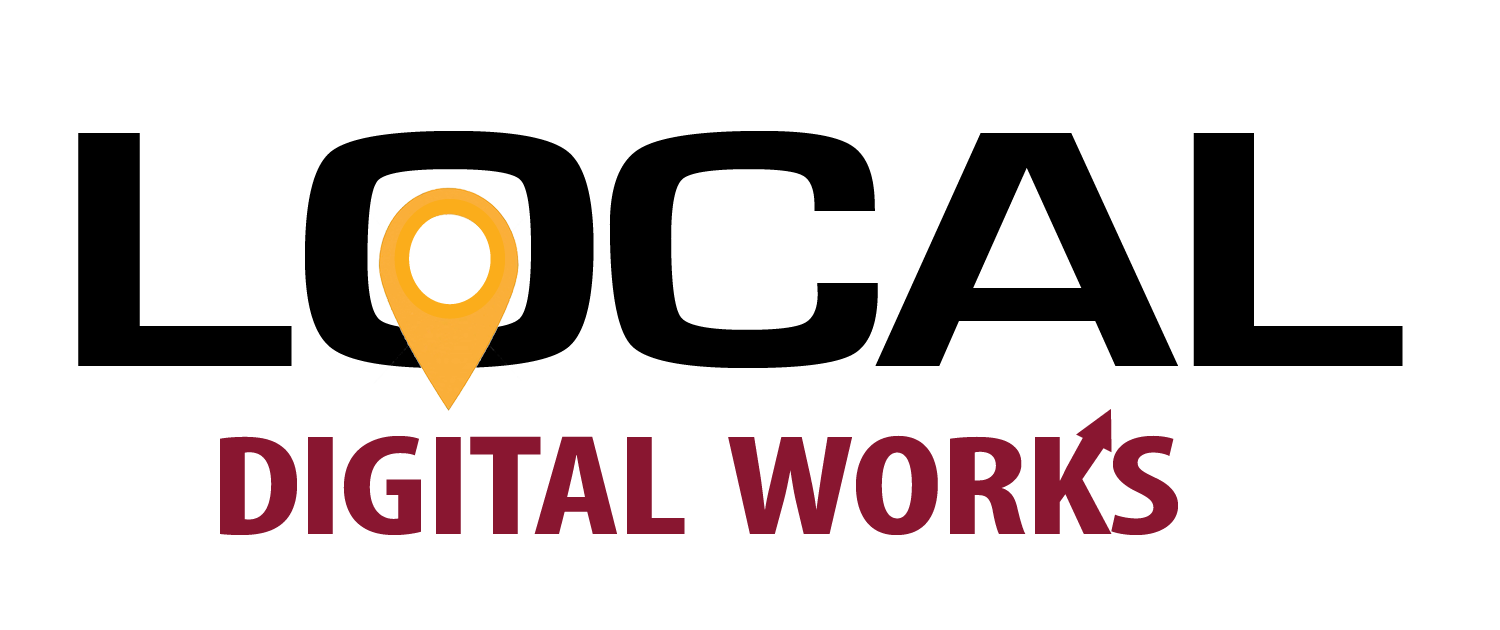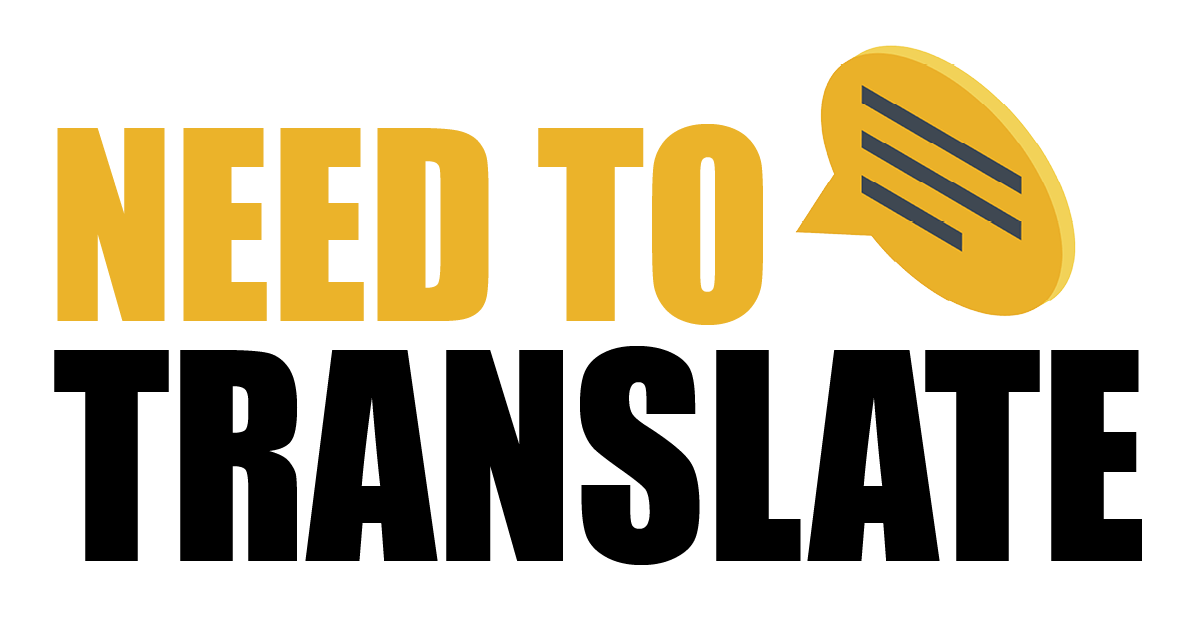WEB DESIGN
Should I have a website?
“If you have a business, you must have a website. No ifs, ands, or buts.”
Nowadays, you can sell almost anything over the internet. People are buying everything from books to computers, to cars, to real estate, to you-name-it. If you can think it, someone will find a way to sell it online. In fact, more than 214 million people shopped online in the U.S. in 2023.
You should have a presence on the web so that existing customers, potential customers, employees, business partners and even investors can find out more about your business and the products and services that you company offers. In order to be taken seriously, you must have a professional-looking website. Many consumers now search for information online before making a purchase, your site may be the first chance you have a making a good first impression on a potential buyer. If your site looks like it was designed by an amateur, your chance at making a good first impression will be out the window. The good news about the internet is that it has leveled the playing field when it comes to competing with large companies.
With a well-designed website, your small company can project the image of a larger operation. However, the opposite is also true. Some big company websites are badly designed and hard to navigate which makes them lose credibility, and above all, professionalism. When it comes to benefiting from a website, size does not matter. You can be a 1-man show or a 25,000-employee corporation; if you don’t have a website, you lose business to other companies that do. Here’s something to keep in mind: it’s actually better to have no website than to have one that makes your business look bad. Your website represents your business. It says, “we take our business so serious that we have created this wonderful site for our customers,” or it screams, “Hey, look, I let my 16-year old nephew design my website. Good luck finding anything.”
Your website is a very important part of your business. Make sure you treat it as such, and hire a professional agency to create your website or update your existing one. At Local Digital Works, we have a team of webmasters and SEO professionals that get involved in the creation of the websites, to make sure they are SEO-friendly and responsive, so they look good and adapt to the different screen and window sizes of a variety of devices.

HOSTING SERVICES
In order to get a website active and live on the internet, you need to host the website. If you are seeking to build a website without web hosting services, registering domain names will serve no purpose. When you purchase a website hosting service, you basically rent server space on a server where your web files will be placed. Our share hosting services cost approximately $20/month. Since all of our clients MUST purchase our maintenance service. The charge depends on the type of website that you purchase. Your monthly cost varies from $30/mo. to $67/mo. See our Web Design Rates for detailed information as to what your monthly website maintenance cost
Shared Web Hosting
Cloud Based Web Hosting
Virtual Private Server (VPS)
Dedicated Web Server
Courtesy of HostingAdvice
Business owners know they need a website. Even if you’re a two-man operation, you’re not in sales, per se, or you only cater to locals, you still need a virtual storefront to bolster the success of your business physical location. Having a website means exposure to a broader pool of potential customers; it helps you establish credibility, and people trust businesses with an online presence other than a Facebook page and a Yelp listing. The follow-up to that tip is the often understated importance of keeping your website online consistently once you’ve built it. While your brick-and-mortar may have a routine 9-to-5 hours of operation, your virtual store is open 24 hours a day, 7 days a week, 365 day a year (no holidays off).
Anything short of 100% not only means a drop in traffic, but revenue loss as well. You would not randomly close your doors during peak business hours, would you? Of course not. Downtime costs you, so web hosting providers offer uptime guarantees to provide assurance of their service and reliability.
WHAT IS UPTIME?
Uptime is the amount of time that a server has stayed up and running. This is usually listed as a percentage, like “99.9% uptime.”… If a hosting provider has a high uptime percentage, then that means that their servers stay up and running and so any site you host with them should stay up and running too.

Bringing it back to the basics, uptime is the amount of time your website is online and accessible to the public.Naturally, you want this rate as close to 100% as possible. As such, hosting providers ofter offer an uptime guarantee to distinguish their service from that of their competitors.
An uptime guarantee is your web host’s assurance your site will be online a certain percentage of a year. You can calculate how much cumulative downtime to expect for your site given a certain uptime rate, or see the highlights below. It’s generally understood that 99.9% uptime is a hosting industry standard, whereas five nines or better (99.999% and up) is the ideal percentage.
• 99.9% uptime means your website may be down for a total of 8 hours, 45 minutes, and 57 seconds each year.
• 99.99% uptime means your website may be down for a total of 52 minutes and 35.7 seconds each year.
• 99.999% uptime means your website may be down for a total of 5 minutes and 15.6 seconds each year.
• 100% uptime means your website is always online (be sure to read any SLA fine print.)
Some hosts offer a service-level agreement (SLA) with their promise of availability. In short, an SLA commits the host to a refund should a customer experience downtime in excess of the uptime guarantee. An SLA typically defines a minimum outage period to give the host time to detect the error, and the a host may credit you a certain percentage of your monthly fees for a month in which you experience more downtime than normal.
WHY YOU NEED AN SSL CERTIFICATE

If your website does not collect sensitive information, like credit cards or social security numbers, you may not have needed an SSL Certificate in the past. However, with the new browser notices, it’s now very important that every single website has an SSL Certificate.
Transferring data in plain-text or in non-encrypted format can be intercepted, compromised and stolen! Many transactions done online involve submitting personal information such as social security numbers, credit card information, usernames and passwords, etc. Cybercriminals who intercept unencrypted communications, will gain full access to this data and can use it for fraudulent purchases.
An SSL Certificate is what makes a website trusted, as it makes people confident enough to provide sensitive and private information online. Organizations must use an SSL Certificate to secure their site if they wish to take online payments or expect their visitors to submit confidential information. Besides building trust an security into your website, SSL Certificates also help with SEO efforts now that Google is providing a rankings boost for pages that are served over https (the “s” stands for security) instead of just http (hypertext transfer protocol.)
As of 2023, more than 80% of the websites use an SSL Certificate to encrypt their traffic. If you use Chrome as your browser, you probably have noticed the ‘Not Secure’ label in the location bar, and when you click on it, it reads as follows: “Your critical connection to this site is not secure.” You should not enter any sensitive information on this site (for example passwords, or credit card information), because it could be stolen by attackers.”
Google https ranking can no longer be ignored. Since July, 2018, with the release of Chrome 68, Non-https sites are now labeled as “Not Secure.” Technically, this doesn’t mean there is anything wrong with your site, but visitors may be confused by the label. Furthermore, this has the potential to directly affect the credibility of your website. Google wants a more secure web and they encourage website owners to switch to https, also known as SSL.
Data from Google Chrome usage shows that more than 80% of Chrome users are visiting https-enabled websites, which indicates that browsing via https is practically the new norm.
At Local Digital Works, we promote security and safety when navigating online. If your website is not secure, now is the time to get an SSL Certificate from us, it includes the latest TLS technology and you get SSL/TLS encryption. Have it done through us for just $70/year (includes installation.) Text us or call us at 703-408-1411 to have your website secured within 24-48 hours.
FEATURED CLIENTS







